
Benchmarks for food safety standards
Australia’s high standards of food safety inspections set the bar high for cafes, restaurants and other shop owners to maintain hygiene standards but new research by […]

Australia’s high standards of food safety inspections set the bar high for cafes, restaurants and other shop owners to maintain hygiene standards but new research by […]

With air pollution and airborne contaminants emerging as leading causes of illness and death, ecologists are calling for closer examination of the ‘invisible friends’ which live […]
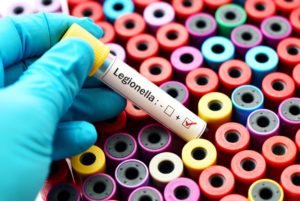
Like false-negative results for virus testing, Flinders University experts have found that standard testing for Legionnaires’ disease is not always fail safe. To counter the […]

Climate change impacts on urban and regional communities requires action at all levels of government, with councils at the forefront of planning, adapting and preparing for […]
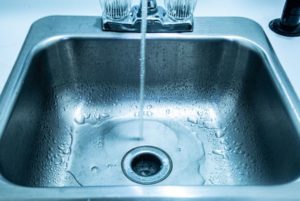
Hospitals and homes are havens for germs and disease – but a well-regulated hot water system can prevent the spread of waterborne pathogens, including an emerging […]
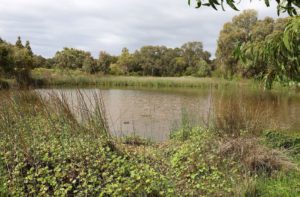
Ahead of World Water Day, new studies at Flinders University provide valuable insights into removing toxins from polluted waterways and improving infiltration at urban wetlands. One […]
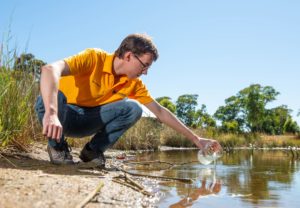
A Flinders University classroom at Oaklands Wetland has been recognised at a national awards ceremony for its STEM outreach activities engaging high school and university students […]
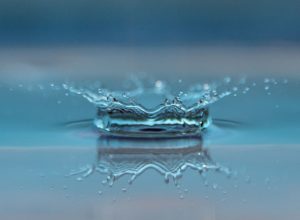
From Legionella bacteria and Non-tuberculous mycobacteria, safe transport of mains water depends on best practice and good policy, environmental health experts say. However, Flinders University academics […]
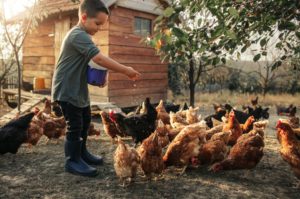
Salmonellosis, a food-borne gastrointestinal illness, has been increasing over the past decade in Australia, with eggs identified as the main cause. Flinders University researchers are interested […]